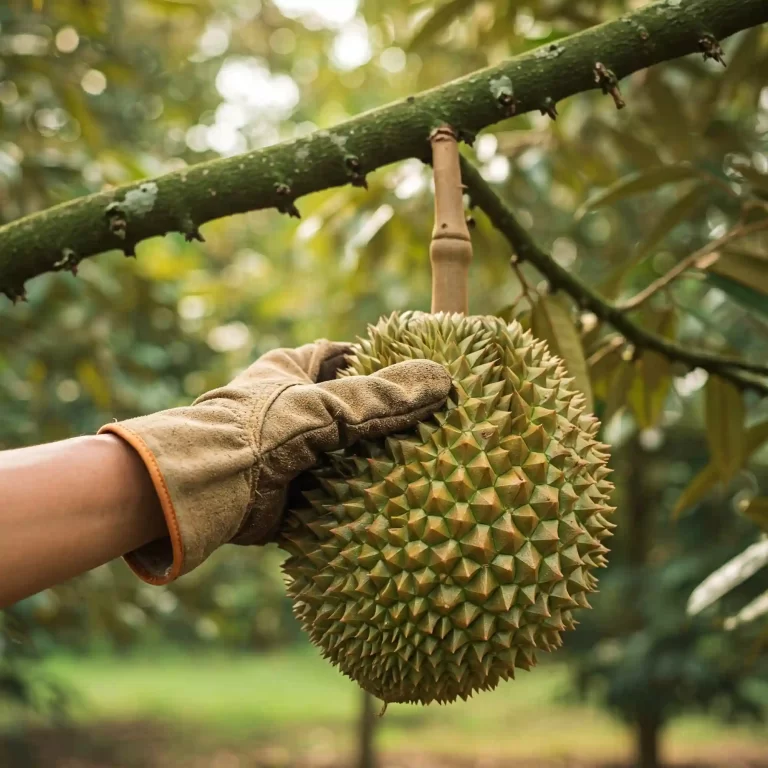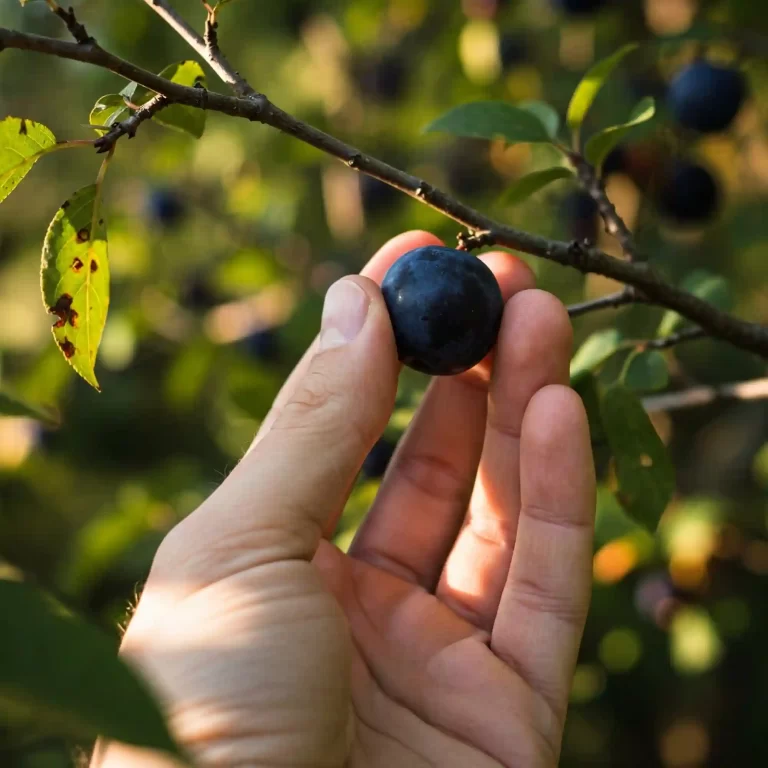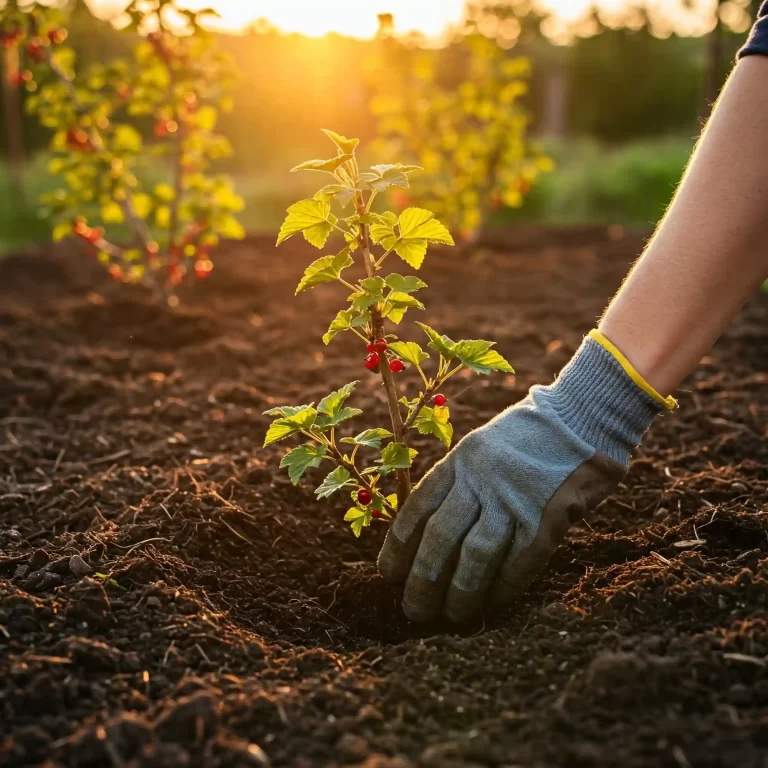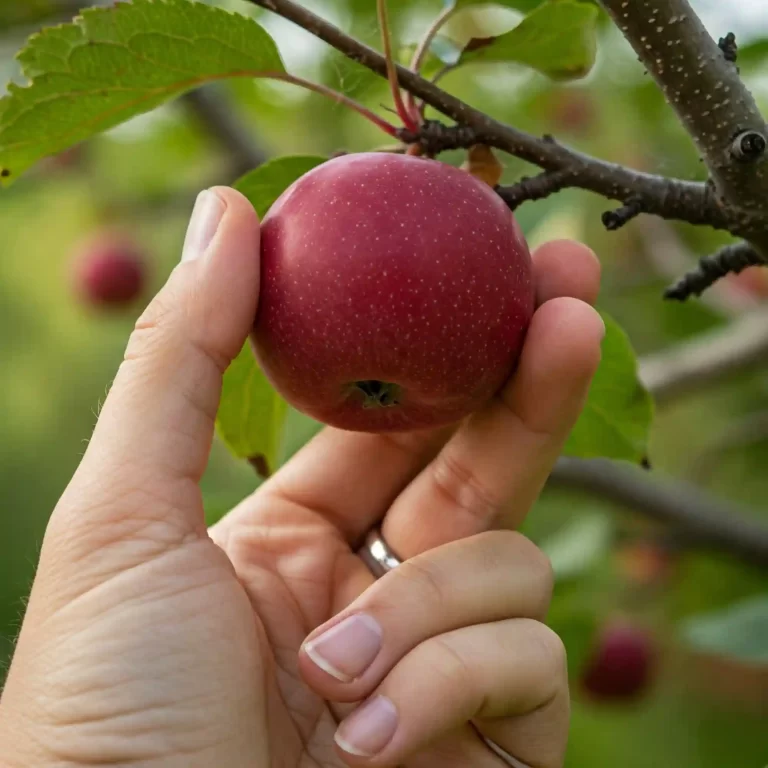Are you tired of making multiple trips to the store for your landscaping needs? Do you find yourself constantly running out of materials mid-project, causing delays and frustration?
It’s frustrating to start a landscaping project only to realize you don’t have enough materials to finish it. The constant back-and-forth to the store not only wastes time but also disrupts your workflow and can be quite costly. Plus, the inconsistency in materials can lead to a less-than-perfect finish, leaving you dissatisfied with the results.
Buying bulk landscape materials can be a game-changer. Not only does it save you time and money, but it also ensures you have a consistent supply of high-quality materials to complete your project seamlessly. In this comprehensive guide, I’ll walk you through everything you need to know about bulk landscape materials, from types and benefits to choosing the right suppliers and avoiding common mistakes.
Types of Bulk Landscape Materials
When it comes to landscaping, the materials you choose can make a significant difference in the outcome of your project. Here’s a detailed look at the various types of bulk landscape materials available:
Mulch
Mulch is a popular choice for many gardeners due to its numerous benefits. It helps retain soil moisture, suppress weeds, and improve soil health. There are different types of mulch available:
- Organic Mulch: Includes materials like wood chips, bark, straw, and compost. Organic mulch decomposes over time, adding nutrients to the soil.
- Inorganic Mulch: Includes materials like gravel, stones, and landscape fabric. Inorganic mulch doesn’t decompose and is ideal for areas where you don’t want to add organic matter to the soil.
Soil
Soil is the foundation of any garden. The right type of soil can significantly impact plant health and growth. Here are some common types of soil available in bulk:
- Topsoil: The uppermost layer of soil, rich in organic matter and nutrients. It’s ideal for planting beds and lawns.
- Garden Soil: A blend of topsoil and compost, garden soil is perfect for flower beds and vegetable gardens.
- Compost: Decomposed organic matter that enriches the soil and improves its structure. It’s excellent for boosting soil fertility.
Gravel and Stone
Gravel and stone are versatile materials used for pathways, driveways, and decorative purposes. They come in various sizes and colors, allowing you to create a unique look for your landscape:
- Decorative Stones: Available in different shapes, sizes, and colors, decorative stones add visual interest to your garden.
- Pea Gravel: Small, rounded stones that are perfect for pathways and driveways.
- Crushed Stone: Larger, angular stones used for drainage and as a base material for pavers.
Sand
Sand is used in various landscaping applications, from creating a base for pavers to improving soil drainage. Here are some types of sand you might consider:
- Play Sand: Fine, clean sand used in children’s play areas.
- Masonry Sand: Coarse sand used in construction and landscaping projects.
- Paver Sand: Fine sand used to fill the joints between pavers.
Bark and Wood Chips
Bark and wood chips are excellent for mulching and creating natural-looking pathways. They help retain soil moisture and suppress weeds:
- Bark Mulch: Made from the bark of trees, it’s available in various sizes and colors.
- Wood Chips: Larger pieces of wood that decompose slowly, providing long-lasting mulch.
Compost
Compost is a valuable addition to any garden. It improves soil structure, adds nutrients, and promotes healthy plant growth. You can buy compost in bulk to save money and ensure you have enough for your entire garden.
Comparison of Bulk Landscape Materials
| Material | Benefits | Common Uses | Cost Range (per cubic yard) |
| Organic Mulch | Retains moisture, suppresses weeds, enriches soil | Flower beds, vegetable gardens | $20 – $50 |
| Inorganic Mulch | Long-lasting, low maintenance | Pathways, decorative areas | $30 – $70 |
| Topsoil | Nutrient-rich, improves soil structure | Lawns, planting beds | $15 – $40 |
| Garden Soil | Balanced nutrients, ready to use | Flower beds, vegetable gardens | $25 – $60 |
| Decorative Stones | Adds visual interest, low maintenance | Pathways, garden borders | $50 – $100 |
| Pea Gravel | Easy to walk on, good drainage | Pathways, driveways | $30 – $60 |
| Crushed Stone | Excellent drainage, sturdy base | Driveways, drainage areas | $40 – $80 |
| Play Sand | Safe for children, fine texture | Play areas, sandboxes | $20 – $50 |
| Masonry Sand | Coarse texture, versatile | Construction, landscaping projects | $25 – $55 |
| Paver Sand | Fine texture, stabilizes pavers | Paver joints, pathways | $30 – $60 |
| Bark Mulch | Natural look, retains moisture | Mulching, pathways | $20 – $50 |
| Wood Chips | Long-lasting, suppresses weeds | Mulching, natural pathways | $15 – $40 |
| Compost | Enriches soil, promotes plant growth | Soil amendment, garden beds | $25 – $60 |
Benefits of Buying in Bulk
Buying landscape materials in bulk offers several advantages that can make your gardening projects more efficient and cost-effective. Here’s why you should consider purchasing in bulk:
Cost Savings
One of the most significant benefits of buying in bulk is the cost savings. When you purchase large quantities of materials, suppliers often offer discounts, reducing the overall cost per unit. This can be particularly beneficial for large projects where you need substantial amounts of materials.
Convenience
Buying in bulk means fewer trips to the store, saving you time and effort. You can have all the materials delivered to your site in one go, allowing you to focus on your project without interruptions. This convenience is especially valuable for busy gardeners who want to maximize their time in the garden.
Consistency
When you buy materials in bulk, you ensure consistency in quality and appearance. This is crucial for achieving a uniform look in your landscape. For example, using the same batch of mulch throughout your garden ensures a consistent color and texture, enhancing the overall aesthetic appeal.
Environmental Impact
Purchasing in bulk can also have a positive environmental impact. It reduces the amount of packaging waste, as bulk materials typically come in larger, reusable containers or are delivered loose. This helps minimize the use of plastic bags and other packaging materials, contributing to a more sustainable gardening practice.
Cost Comparison of Bulk vs. Small Quantities
| Material | Cost (Bulk, per cubic yard) | Cost (Small Quantity, per bag) | Savings (%) |
| Organic Mulch | $30 | $5 (per 2 cubic feet) | 50% |
| Topsoil | $25 | $4 (per 1 cubic foot) | 60% |
| Decorative Stones | $75 | $10 (per 0.5 cubic foot) | 40% |
| Play Sand | $35 | $6 (per 0.5 cubic foot) | 30% |
| Compost | $40 | $8 (per 1 cubic foot) | 50% |
How to Choose the Right Materials
Selecting the right bulk landscape materials for your project involves considering several factors. Here’s a guide to help you make informed decisions:
Project Requirements
The first step in choosing the right materials is to assess your project’s specific needs. Different projects require different materials, so it’s essential to match the materials to the task at hand. For example, if you’re creating a pathway, you might need gravel or decorative stones, while a garden bed would require topsoil or compost.
Climate Considerations
Your local climate plays a significant role in determining the best materials for your landscape. Some materials perform better in certain climates than others. For instance, organic mulch is ideal for regions with hot summers as it helps retain soil moisture, while inorganic mulch might be better suited for areas with heavy rainfall as it doesn’t decompose and wash away.
Aesthetic Preferences
The visual appeal of your landscape is another crucial factor to consider. Choose materials that complement your garden design and enhance its overall look. Decorative stones, for example, come in various colors and sizes, allowing you to create a unique and attractive landscape.
Durability and Maintenance
Consider the durability and maintenance requirements of the materials you choose. Some materials, like inorganic mulch and decorative stones, require minimal maintenance and last longer, making them ideal for low-maintenance gardens. On the other hand, organic mulch and compost need to be replenished regularly but offer significant benefits to soil health.
Case Study: Choosing the Right Mulch for a Flower Bed
A gardener in Texas wanted to create a vibrant flower bed that could withstand the hot, dry summers. After researching various options, they decided to use organic mulch made from shredded hardwood. This type of mulch was chosen for its ability to retain moisture, regulate soil temperature, and gradually decompose to enrich the soil. The gardener also appreciated the natural look of the mulch, which complemented the colorful blooms in the flower bed.
Top Suppliers for Bulk Landscape Materials
Finding the right supplier for your bulk landscape materials is crucial to ensure you get high-quality products at competitive prices. Here are some top suppliers to consider:
Local Nurseries and Garden Centers
Local nurseries and garden centers are excellent sources for bulk landscape materials. They often provide personalized service and have extensive knowledge of local soil and climate conditions. Additionally, supporting local businesses helps boost the local economy.
Home Improvement Stores
Large home improvement stores like Home Depot and Lowe’s offer a wide selection of bulk landscape materials. These stores often have competitive pricing and frequent sales, making them a convenient option for many gardeners. They also provide delivery services, which can save you time and effort.
Online Suppliers
Online suppliers such as Amazon and specialized landscaping websites offer the convenience of home delivery and a broader selection of materials. You can easily compare prices and read customer reviews to ensure you’re getting the best deal. Some online suppliers also offer bulk discounts and free shipping on large orders.
Specialty Landscape Suppliers
Specialty landscape suppliers focus exclusively on landscaping materials and often carry high-quality and unique products. These suppliers may offer materials that are not available at general home improvement stores, such as rare decorative stones or custom soil blends. While prices may be higher, the quality and selection can be worth the investment.
Comparison of Top Suppliers
| Supplier Type | Advantages | Disadvantages |
| Local Nurseries | Personalized service, local expertise | Limited selection, potentially higher prices |
| Home Improvement Stores | Wide selection, competitive pricing, delivery | May lack specialized products |
| Online Suppliers | Convenience, broad selection, customer reviews | Shipping costs, potential quality issues |
| Specialty Landscape Suppliers | High-quality, unique products | Higher prices, limited availability |
Cost Considerations
Understanding the cost considerations when buying bulk landscape materials can help you budget effectively and avoid unexpected expenses. Here are some key factors to keep in mind:
Price Comparison
Before making a purchase, compare prices from different suppliers to ensure you’re getting the best deal. Prices can vary significantly depending on the supplier, location, and material quality. Take advantage of online tools and resources to compare prices and read customer reviews.
Bulk Discounts
Many suppliers offer bulk discounts for large orders. These discounts can significantly reduce the overall cost per unit, making it more economical to buy in bulk. Be sure to ask about any available discounts when contacting suppliers.
Hidden Costs
Be aware of any hidden costs that may not be included in the initial price quote. These can include delivery fees, taxes, and additional charges for special handling or packaging. Make sure to get a detailed breakdown of all costs before finalizing your purchase.
Budgeting Tips
To manage your landscaping budget effectively, start by creating a detailed plan of your project. Estimate the amount of each material you’ll need and calculate the total cost. Set aside a contingency fund for unexpected expenses, such as additional materials or equipment rentals. By planning ahead, you can avoid overspending and ensure your project stays on track.
Sample Budget for a Landscaping Project
| Item | Quantity | Unit Price | Total Cost |
| Organic Mulch | 10 cubic yards | $30/cubic yard | $300 |
| Topsoil | 5 cubic yards | $25/cubic yard | $125 |
| Decorative Stones | 3 cubic yards | $75/cubic yard | $225 |
| Delivery Fee | – | – | $50 |
| Contingency Fund | – | – | $100 |
| Total | – | – | $800 |
Delivery and Logistics
Managing the delivery and logistics of bulk landscape materials is essential to ensure your project runs smoothly. Here are some tips to help you handle large deliveries:
Delivery Options
Most suppliers offer various delivery options, including curbside delivery, driveway delivery, and direct placement in your garden. Choose the option that best suits your needs and budget. Keep in mind that some delivery services may charge extra for specific placement or handling.
Scheduling Deliveries
Plan your delivery schedule carefully to ensure the materials arrive when you’re ready to use them. Coordinate with the supplier to arrange a delivery date and time that works for you. It’s also a good idea to have a backup plan in case of delays or unexpected issues.
Handling Large Deliveries
When receiving a large delivery, make sure you have the necessary equipment and manpower to handle the materials. This might include wheelbarrows, shovels, and extra hands to help move and distribute the materials. Clear a space in your yard or driveway to accommodate the delivery and make the process as efficient as possible.
Storage Solutions
Proper storage is crucial to keep your bulk materials in good condition until you’re ready to use them. Store materials like mulch and soil in a dry, covered area to prevent them from getting wet or contaminated. Use tarps or plastic sheeting to cover materials that are stored outdoors. For long-term storage, consider using bins or containers to keep materials organized and protected.
Eco-Friendly Options
Choosing eco-friendly bulk landscape materials can help you create a sustainable and environmentally friendly garden. Here are some options to consider:
Sustainable Materials
Look for materials that are sustainably sourced and produced. For example, choose mulch made from recycled wood or bark from sustainably managed forests. These materials help reduce the environmental impact of your landscaping project.
Recycled Materials
Using recycled materials is another great way to make your garden more eco-friendly. Recycled concrete, glass, and rubber can be used as decorative stones, pathways, and mulch. These materials not only reduce waste but also add unique textures and colors to your landscape.
Organic Options
Organic materials, such as compost and organic mulch, are excellent choices for eco-friendly gardening. They improve soil health, support plant growth, and reduce the need for chemical fertilizers and pesticides. Organic materials also decompose naturally, returning valuable nutrients to the soil.
Water Conservation
Consider using materials that help conserve water in your garden. For example, mulch helps retain soil moisture, reducing the need for frequent watering. Permeable pavers and gravel allow rainwater to seep into the ground, reducing runoff and promoting groundwater recharge.
List: Eco-Friendly Bulk Landscape Materials
- Recycled wood mulch
- Organic compost
- Recycled concrete gravel
- Permeable pavers
- Natural stone
- Organic topsoil
Tips for Storing Bulk Materials
Proper storage of bulk landscape materials is essential to maintain their quality and usability. Here are some tips to help you store your materials effectively:
Proper Storage Techniques
Store materials like mulch, soil, and compost in a dry, covered area to protect them from the elements. Use tarps or plastic sheeting to cover materials that are stored outdoors. This helps prevent moisture buildup and contamination.
Organizing Your Space
Keep your storage area organized to make it easy to access and use your materials. Use bins or containers to store smaller quantities of materials and label them clearly. This helps you keep track of what you have and prevents waste.
Preventing Contamination
Avoid storing materials directly on the ground, as this can lead to contamination from soil, pests, and moisture. Use pallets or raised platforms to keep materials off the ground and ensure proper ventilation.
Long-Term Storage
For long-term storage, consider using sealed containers or bins to protect materials from moisture, pests, and other environmental factors. Check your stored materials regularly to ensure they remain in good condition and address any issues promptly.
Common Mistakes to Avoid
Avoiding common mistakes can help you make the most of your bulk landscape materials and ensure a successful project. Here are some pitfalls to watch out for:
Overbuying
Estimating the right amount of materials can be challenging, but overbuying can lead to waste and unnecessary expenses. Use online calculators and consult with suppliers to determine the correct quantities for your project.
Poor Planning
A clear project plan is essential to ensure you have the right materials and tools when you need them. Take the time to plan your project thoroughly, including a detailed timeline and list of materials.
Ignoring Local Regulations
Check for any local regulations or guidelines that may affect your landscaping project. This can include restrictions on certain materials, zoning laws, and environmental regulations. Compliance with local rules can help you avoid fines and ensure your project is successful.
Neglecting Maintenance
Regular maintenance is crucial to keep your landscape looking its best. This includes replenishing mulch, weeding, and checking for any issues with your materials. A well-maintained garden not only looks better but also supports healthy plant growth.
FAQs
You can buy bulk landscape materials from local nurseries, garden centers, home improvement stores, online suppliers, and specialty landscape suppliers. Each option has its advantages, so choose the one that best suits your needs and budget.
The best bulk landscape materials for gardens include organic mulch, compost, topsoil, and decorative stones. These materials help improve soil health, retain moisture, and enhance the visual appeal of your garden.
To choose the right bulk landscape materials, consider your project requirements, local climate, aesthetic preferences, and maintenance needs. Research different materials and consult with suppliers to find the best options for your garden.
Buying bulk landscape materials offers several benefits, including cost savings, convenience, consistency in quality, and reduced environmental impact. Bulk purchases often come with discounts and fewer trips to the store, making your project more efficient.
Store bulk landscape materials in a dry, covered area to protect them from moisture and contamination. Use tarps or plastic sheeting to cover materials stored outdoors and consider using bins or containers for long-term storage.
Yes, there are eco-friendly bulk landscape materials available, such as recycled wood mulch, organic compost, recycled concrete gravel, and permeable pavers. These materials help reduce environmental impact and promote sustainable gardening practices.
When buying in bulk, consider price comparisons, bulk discounts, hidden costs, and budgeting tips. Compare prices from different suppliers, ask about discounts, and be aware of additional fees such as delivery charges.
To handle delivery and logistics for bulk materials, choose the right delivery option, schedule deliveries carefully, and ensure you have the necessary equipment and manpower to handle large deliveries. Proper storage solutions are also essential to keep materials in good condition.
Conclusion
Buying bulk landscape materials can significantly enhance your gardening projects by providing cost savings, convenience, and high-quality materials. By understanding the different types of materials available, their benefits, and how to choose the right ones for your needs, you can create a beautiful and sustainable garden. Remember to plan your project carefully, consider eco-friendly options, and avoid common mistakes to ensure success. Happy gardening!



